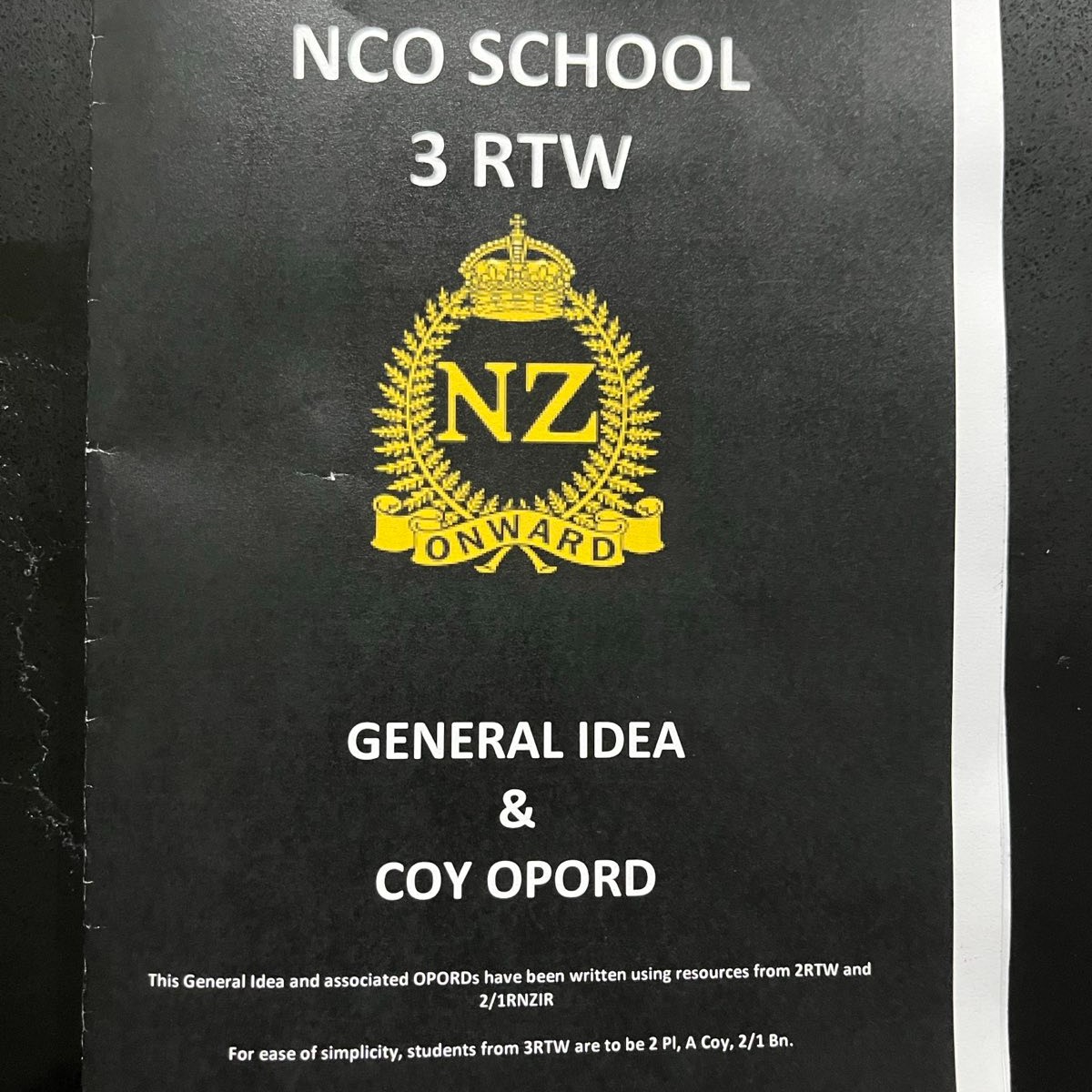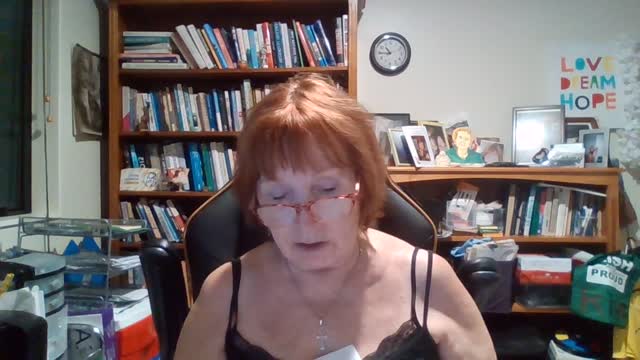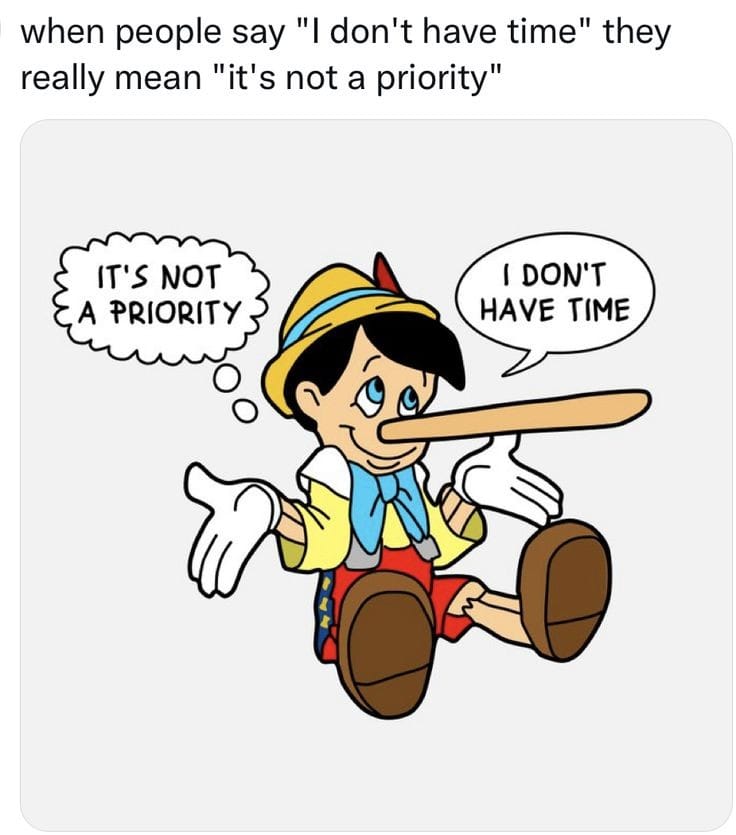
MANY GROUPS WHO IDENTIFY AS INDIGENOUS DO NOT CLAIM TO BE FIRST PEOPLES
Many groups who identify as Indigenous don’t claim to be first peoples; many who did come first don’t claim to be Indigenous. Can the concept escape its colonial past? Feb 20th 2023 Manvir Singh Assistant Professor of Anthropology University of California
In] the nineteen-sixties and seventies. Liberation movements flourished. In New Zealand, the Polynesian Panthers worked with the group Ngā Tamatoa to rally for Māori rights. In the United States, the Red Power movement spawned groups like the American Indian Movement and the International Indian Treaty Council,”
A proposal is put forward to allow for the creation of a new type of corporation under the existing legislative framework for Indigenous entrepreneurs to run their for-profit businesses in a culturally appropriate way . a result, Indigenous Australians are able to take ownership, develop and administer programs that provide essential services to the community, including in the areas of health, education, employment, training, community services and housing. legislation is also heavily focused on improving ‘governance and capacity’ in the Indigenous corporate sector.2 Ensuring and enhancing accountability of Indigenous enterprises registered under its predecessor,
The IPETCA Partnership Council (Indigenous Peoples Economic & Trade Cooperation Arrangement) NZ Govt . Concluded in December 2021, the IPETCA brings together Australian, Canadian, Chinese-Taipei and New Zealand Indigenous peoples. A key feature of the IPETCA is the establishment of the IPETCA Partnership Council which consist of officials and Indigenous representatives that will jointly oversee and implement the IPETCA. (Endorsed by participating economies). NZ chairing the Partnership, Minister of Foreign Affairs and Associate Minister for Māori Development Nanaia Mahuta and Minister of Trade and Export Growth Damien O’Connor announced the conclusion of the IPETCA initiative on 10 December, and invited economies to declare their intention to join.
The Arrangement will help to unlock cooperation across a range of sectors and areas, including responsible business conduct, traditional knowledge, opportunities for Micro, Small and Medium Sized Enterprises, digital trade and e-commerce, and many more. It also reaffirms economies’ commitments to important international instruments such as the United Nations Declaration on the Rights of Indigenous Peoples.. The IPETCA achieves a number of important elements:
- Reaffirms the existing rights of Indigenous Peoples, including under the United Nations Declaration on the Rights of Indigenous Peoples and other international instruments;
- Contains a definition of “Indigenous trade and investment” that was developed by Indigenous Peoples, including Māori;
- Enables economies to work with Indigenous Peoples to further develop and expand international Indigenous trade and requires economies to promote policies that increase Indigenous Peoples’ participation in trade and investment;
- Enables economies to consider a range of activities and sectors for direct cooperation, as well as underlying principles that should underpin cooperation;
- Specific understandings on Responsible Business Conduct and the protection of Indigenous Traditional Knowledge;
- Establishes an IPETCA Partnership Council comprised of economies’ and Indigenous Peoples’ representatives to oversee the IPETCA’s implementation;
- Review provisions aimed at ensuring that the IPETCA remains fit for purpose; and
- Is open to any APEC Member economy, WTO Member or any other economy to join.
- Indigenous Peoples, including Māori, have played a critical role in developing the text of the IPETCA alongside participating economies.
- What will role of Indigenous Peoples going forward?
- Going forward, through the establishment of the IPETCA Partnership Council, Indigenous Peoples and participating economies will jointly oversee the implementation and operation of the IPETCA.
- Who can join the IPETCA?
- The IPETCA is open to all economies that are committed to strengthening the economic empowerment of Indigenous Peoples and trade and economic collaboration. (Source of information NZ Foreign Affairs & Trase -Govt.)
- In the thirty-year history of indigenous issues at the United Nations, and the longer history in the ILO on this question, considerable thinking and debate have been devoted to the question of definition of “indigenous peoples”, but no such definition has ever been adopted by any UN-system body. One of the most cited descriptions of the concept of the indigenous was given by Jose R. Martinez Cobo, the Special Rapporteur of the Sub-Commission on Prevention of Discrimination and Protection of Minorities, in his famous Study on the Problem of Discrimination against Indigenous Populations.[i] Significant discussions on the subject have been held within the context of the preparation of a Draft Declaration on the Rights of Indigenous Peoples[ii] by the Working Group on Indigenous Populations since 1982. An understanding of the concept of “indigenous and tribal peoples” is contained in article 1 of the 1989 Convention concerning Indigenous and Tribal Peoples in Independent Countries, No. 169, adopted by the International Labour Organization.
[i] UN Doc. E/CN.4/Sub.2/1986/7 and Add. 1-4. The conclusions and recommendations of the study, in Addendum 4, are also available as a United Nations sales publication (U.N. Sales No. E.86.XIV.3). The study was launched in 1972 and was completed in 1986, thus making it the most voluminous study of its kind, based on 37 monographs.
[ii] The Draft Declaration is contained in UN Doc. E/CN.4/Sub.2/1994/2/Add.1 and is currently under consideration by a Working Group of the Commission on Human Rights.
-
-
Tuesday - February 13, 2024 - INDIGENOUS COMMUNITIE
(13)





Leave a Comment